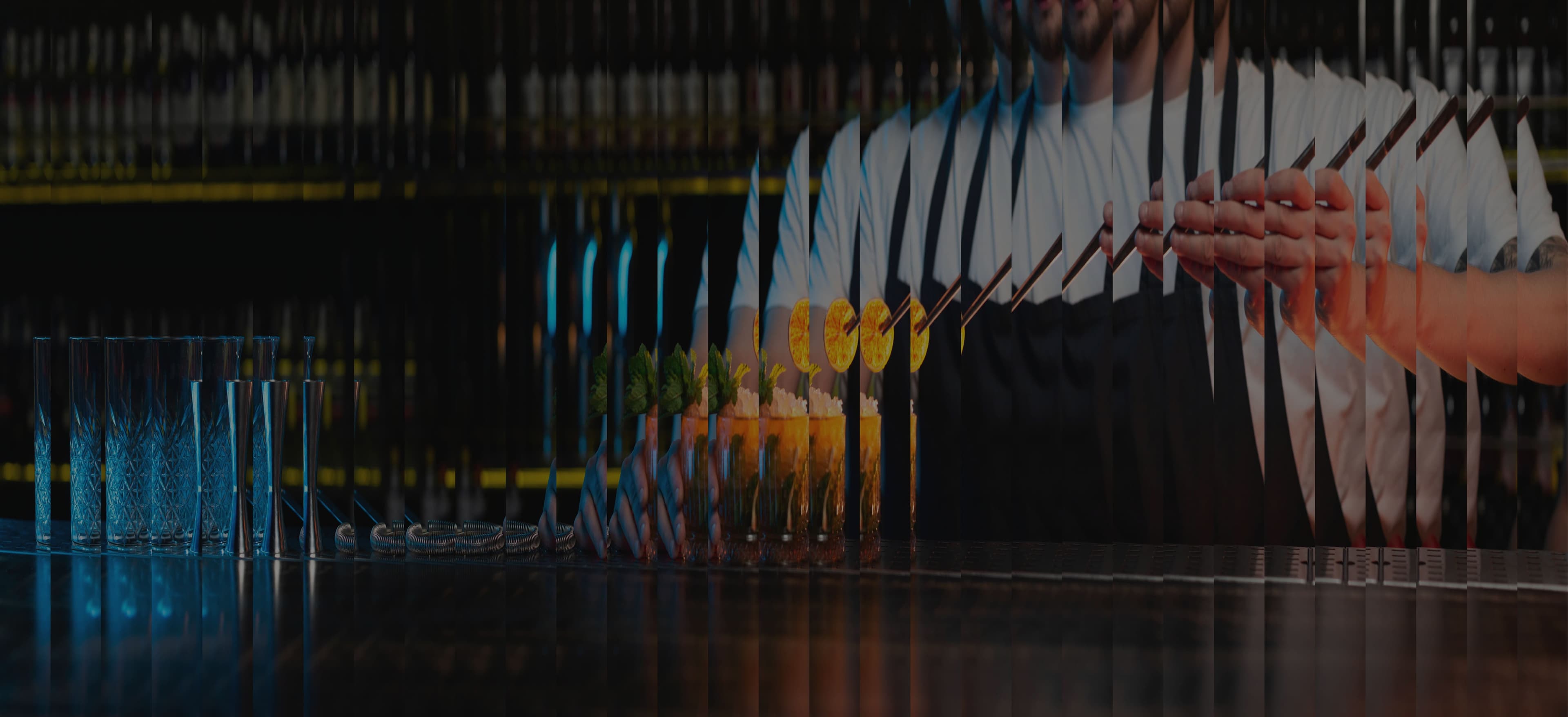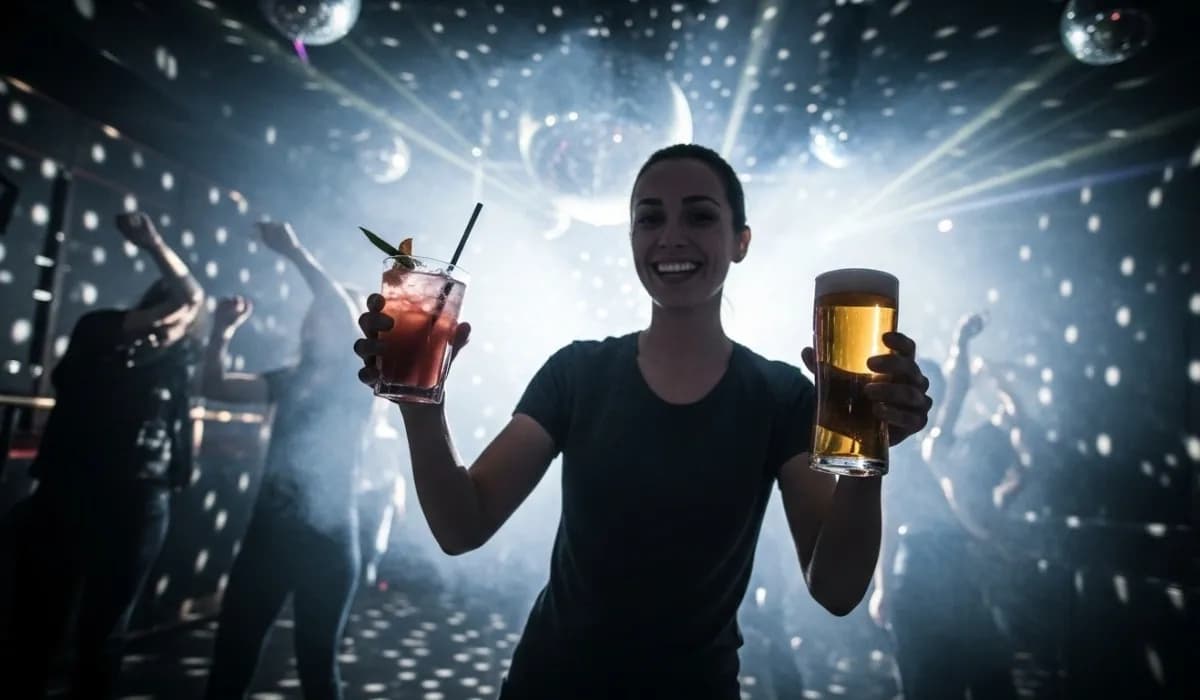


“Beer before liquor, never been sicker; liquor before beer, you’re in the clear.” Fun to chant – but does it hold up? Short answer: it’s mostly a myth. What reliably predicts a rough next morning is how much ethanol you take in (and how fast), plus a few amplifiers like congeners, poor sleep, and your biology. Mixing different types of alcohol can coincide with drinking more or drinking faster – but the “mixing” itself isn’t the villain. Let’s unpack the science.
A hangover isn’t one thing; it’s a stack of mechanisms that kick in as blood alcohol falls toward zero:
Two good pieces of evidence test the folk sayings:
Bottom line: mixing per se isn’t magical poison; it just often correlates with drinking more or faster.
.webp&w=1920&q=75)
Darker, more heavily aged or distilled beverages carry more congeners – chemical byproducts of fermentation and distillation that give drinks their flavor, aroma, and color (e.g., methanol, fusel alcohols, tannins). In a controlled study, bourbon (high congeners) produced more severe hangovers than vodka (low congeners) at the same ethanol dose. Performance and sleep suffered after alcohol in general, but hangover severity was higher with bourbon.
Carbonation can raise the initial rate of alcohol absorption, likely by altering gastric dynamics. In a lab study with vodka, carbonated mixers produced faster rises in breath alcohol for most participants versus still water. Faster rise = higher peaks = higher hangover odds if you keep pace. (Individual responses vary.)
Artificially sweetened mixers (e.g., diet sodas) can lead to higher breath alcohol than sugary mixers in some lab settings – again affecting peak levels and risk.
“Beer before liquor…”
Nope. Order doesn’t spare you. The randomized controlled trial (RCT) says hangovers depend on how much you drink, not sequence.
“Champagne hits different.”
Sometimes. Carbonation can speed absorption and raise early blood alcohol concentration (BAC) in many people, which can feel like a stronger hit – and can set up a worse hangover if you overdo it. Not universal, but plausible and shown in lab conditions.
“Darker spirits are deadlier.”
Somewhat. Congener-heavy drinks (e.g., bourbon) increase hangover severity at the same ethanol dose vs. low-congener spirits (e.g., vodka).
“Just hydrate and you’re fine.”
Hydration helps some symptoms (thirst, headache), but hangovers also involve sleep loss and immune changes. Water isn’t a cure-all.
“There’s a supplement for that.”
Systematic reviews find no convincing evidence that commercial “hangover cures” work in well-controlled trials. Some NSAIDs can help headaches, but avoid acetaminophen with alcohol because of liver risk.
.webp&w=1920&q=75)
Not inherently. The best current evidence says that order and mixing (beer→wine or wine→beer) don’t independently change hangover severity. What does matter is how much ethanol you consume, how quickly you absorb it (bubbles, sweet/diet mixers), congener load (darker spirits can hurt more), sleep disruption, and your genetics/immune response. If “mixing” leads you to drink more or faster, that’s the real reason you feel worse.
Myth: Mixing drinks is uniquely toxic.
Reality: It’s dose, pace, congeners, carbonation, sleep, and biology. Respect those levers and you’ll respect your tomorrow. If you’re going to drink, eat first, alternate with water, avoid rapid bubbly rounds, favor lower-congener options, and call it a night earlier. And no matter what anyone promises, there’s still no proven hangover cure – moderation wins.